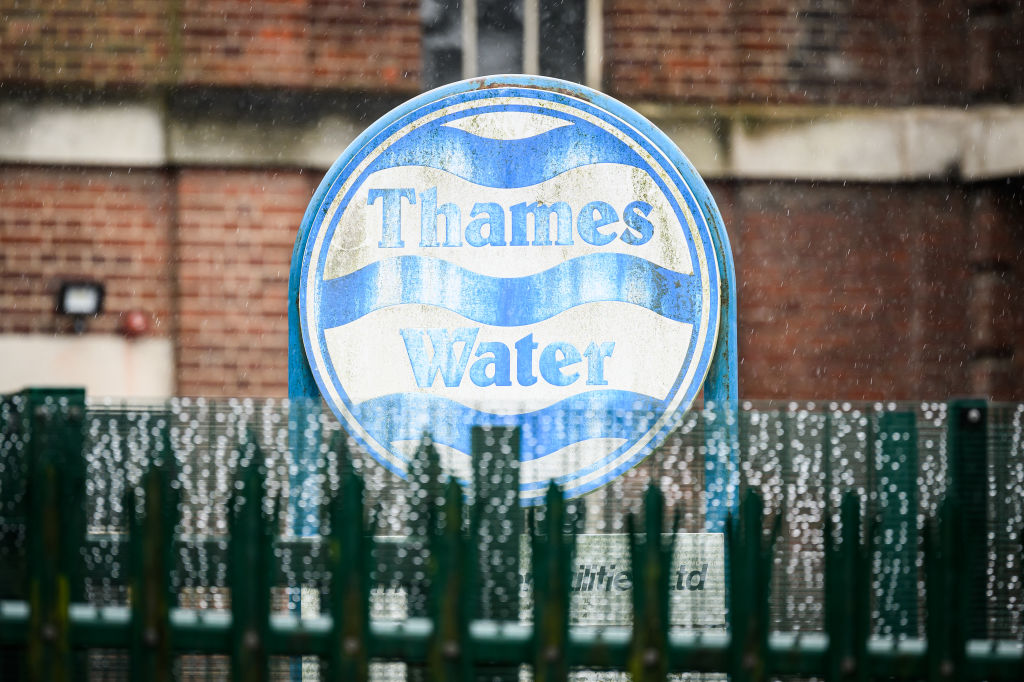Water companies have sweated the assets they were handed upon privatisation in the late 1980s. They have failed to invest properly, and have regarded fines for sewage spills as a business cost, to be balanced against the price of investment, rather than as a deterrent. They have, as Ofwat chief executive David Black told the Today programme this morning, blamed the weather rather than their own failures.
Sewage spills more than doubled last year
All this is true. Even so, is what the water industry really needs at the moment an order to return £158 million to customers through lower bills in 2025/26? That is what Ofwat has just ordered the water companies to do, as a punishment for failing to meet targets for reducing sewage spills. In fact, sewage spills more than doubled last year. Tempting though it may be to imagine that it is going to come out of executives’ pay packets, the reality is that it is going to lead to even less investment and even bigger problems in a few years’ time.
Lousy though the water companies’ excuses may often be, the underlying cause of sewage spills is a fateful decision by Victorian engineers to combine foul drainage (i.e. toilets) with storm drainage (i.e. what runs down the gutters and into the drains when it rains). During periods of heavy rainfall, when the volume of water passing through the system is too great for sewage works to cope, it leaves water companies no option but to bypass the sewage works and release water from the sewers directly into rivers and the sea.
This is happening ever more frequently, largely due to the greater demand being put on the sewers – our houses are stuffed with power showers, while we have redeveloped towns at higher densities and paved over our front gardens, all of which helps speed water into the drains, whose capacity has not been expanded at sufficient a rate. A trend towards heavier rainfall over the past 60 years is part of the story, but far from all of it. We can tinker at the edges – and come down hard, for example, on homeowners who pave over absorbent gardens. But we are never going to solve the problem of sewage spills for good unless we do as we should, in hindsight, have done originally: separate the foul and storm drains.
Trouble is that this promises to be fantastically expensive. We can take with a pinch of salt a 2021 study commissioned by Water UK – the trade body for water companies – which claimed that the bill for the total separation of the sewers could come to between £350 billion and £600 billion, adding between £569 and £999 to annual household bills for years to come. To make matters worse, every street would have to be dug up and the resulting traffic chaos and inconvenience would go on for years.
There are cheaper alternatives which involve building large storm tanks which would reduce, if not eliminate, sewage spills. But that wouldn’t come cheap either – Water UK puts the cost at £280 billion, adding £495 to annual household bills.
But if we want clean rivers we are at some stage going to have to bite the bullet and pay for the renewal of the sewage system – a bill which is either going to land on the heads of all water customers or require other tax rises. We certainly are not going to get there by forcing water companies to reduce household bills as a punishment for sewage spills. That will be popular with customers in the short term, but will do little to bring life back to our rivers.

